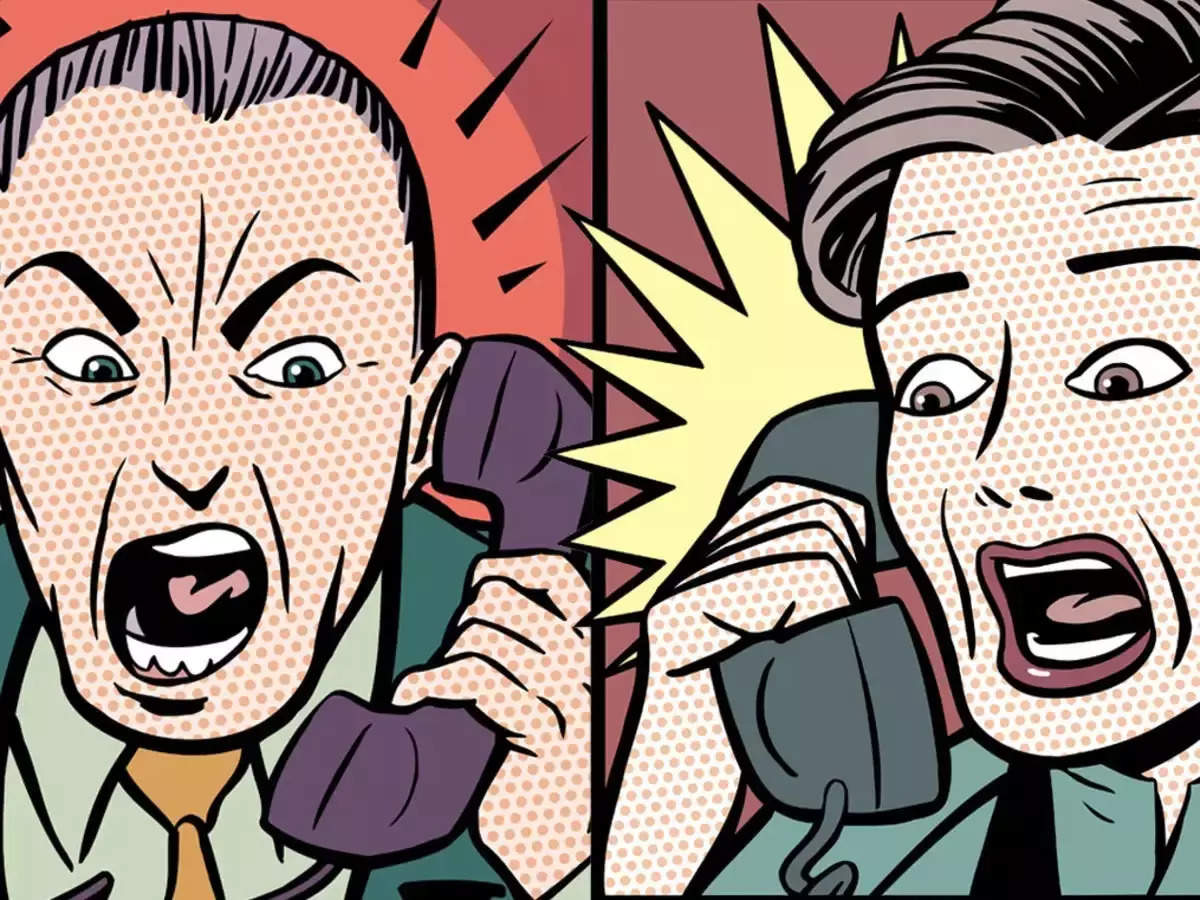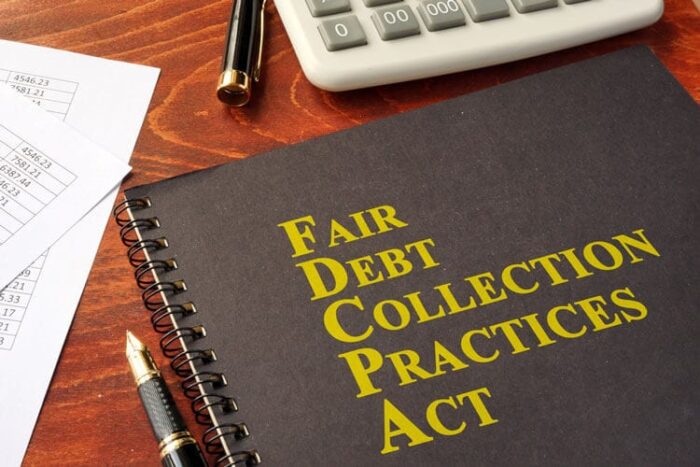
Recent years have witnessed a steep usage and continuous demand for Victoria’s Secret credit cards. This case is similar to how things can be exciting at first. However, what makes the experience complex and challenging is the different harsh tactics used by the banks behind these cards.
The bank that offers credit cards to stores like Victoria’s Secret is Comenity bank. The main downfall of this scheme is that when the customers fail to make the payments on time, the bank makes the debt collectors constantly call them. Is Comenity bank calling you constantly to collect the debt anh harassing you? If yes, you can take some legal options against the bank.
The upcoming sessions will give you more insight into this issue and how to solve it with legal action.

Comenity Bank And The Issues Revolving It
Before getting straight into the topic, it is essential to understand what a Comenity bank is. This bank is well-known as a credit card provider for many popular retailers and companies. However, even with such a great plan, the consumers are unhappy. They have filed many complaints to the bank’s collections and billing department.
If you have fallen victim to phone harassment by this bank, then ensure that you know your legal rights before giving them an immediate response. Comenity bank has been in the business for around 29 years. It has been a great initiative with its dealings with over 100 retailers, including Victoria’s Secret.
The bank has around fifty million cardholders and is proud of its excellent customer service by providing Care Center representatives with good expertise in the field. But these services haven’t failed to make the ongoing complaints against them, and they haven’t resolved the cause of these issues.
Laws That Are Helpful Against Bank Phone Harassment
Signing up for these credit cards through Victoria’s Secret might have been a good option; however, you might not have prepared for the numerous unwanted calls you will receive after receiving these cards. Unfortunately, you are not alone on this. And some federal laws can protect your rights in these situations.

Telephone Consumer Protection Act
Whether telemarketing calls, auto-dialed calls, random text messages or even robocalls, Telephone Consumer Protection Act is a way to help consumers eliminate such situations. These calls can only be made to you if there is consent and many rules and regulations are followed under this law.
For starters, the telemarketers should follow a do not call list if they have placed a request not to receive any calls. The calls shouldn’t be made before 8 am and after 9 pm. And they have to receive proper consent, especially before calling a consumer’s mobile phone.
Fair Debt Collection Practices Act
Comenity bank involves debt collectors calling and asking for payments. Due to this, you should also know your legal rights under another law, the Fair Debt Collection Practices Act. Under this rule, there are severe penalties that the debt collectors should face if they initiate unfair and abusive behavior and practices to get back the money.
They shouldn’t ask for payments through physical harm or lying to you regarding the debts and calling you constantly to remind you about the debt. In addition, they are not supposed to charge you extra fees for the same situation.
Even though Comenity bank assigns debt collectors to initiate the collection and settlement, the bank is the creditor. Therefore, since the bank is a creditor and not a debt collector, the rules under this law might not apply to them. However, if the debt is assigned to a third party, that third party must follow these rules.

Things You Can Try To Stop The Phone Harassment
You can always ensure your rights are not violated under the abovementioned laws. If you think you are still being harassed constantly, then you can try legal actions or follow some other steps before settling to follow the legal actions.
Always ask the caller their name and all the information related to the business and ensure that you have refrained from giving consent to make such calls before and after the regulated time. If you are in a place where recording the entire phone call is valid, it is better to record the calls for future situations.
Further, you can register yourself to the National Do Not Call registry or even politely but sternly request the callers not to call again and assure them that you will make the needful payment. However, suppose you are still being harassed through phone calls even after all these steps. In that case, it may be time to take necessary legal action.
Legal Actions To Try
If the rules are not abided by the Telephone Consumer Protection Act, then it is possible for you to sue the callers for almost $500 for any actions that have been violated and have made a loss to you in any way.
You have the right to get back any extra money that has been asked in the situation. Using the above laws, you can request through court to receive an order where they can no longer call you for payments. You can start by sending a complaint to the bank, and if proper or required responses are not provided from their side, you can legally file a complaint and sue them.

Conclusion
Receiving constant phone calls due to the credit cards received from Comenity bank has become a nightmare for many customers. It is undoubtedly frustrating to endure; however, the good news is that you are not the only one facing this situation, and there are ways to make it stop through legal actions.
If you are from a particular state, apart from the laws mentioned here, always understand other laws and related information for a successful result. Try to consult with the bank first. Then, file a complaint to their billing department. If there is no response, prepare to go through the legal path and take necessary actions to sue the collectors.
















